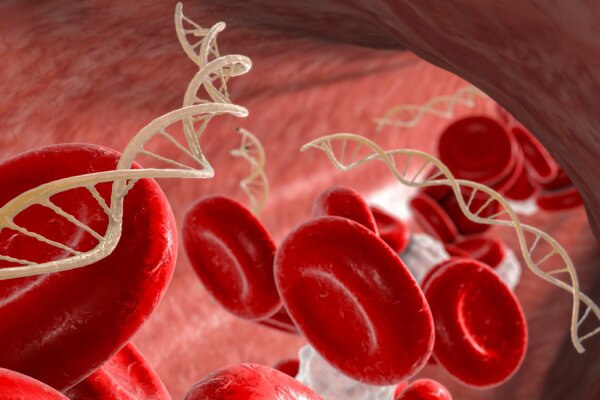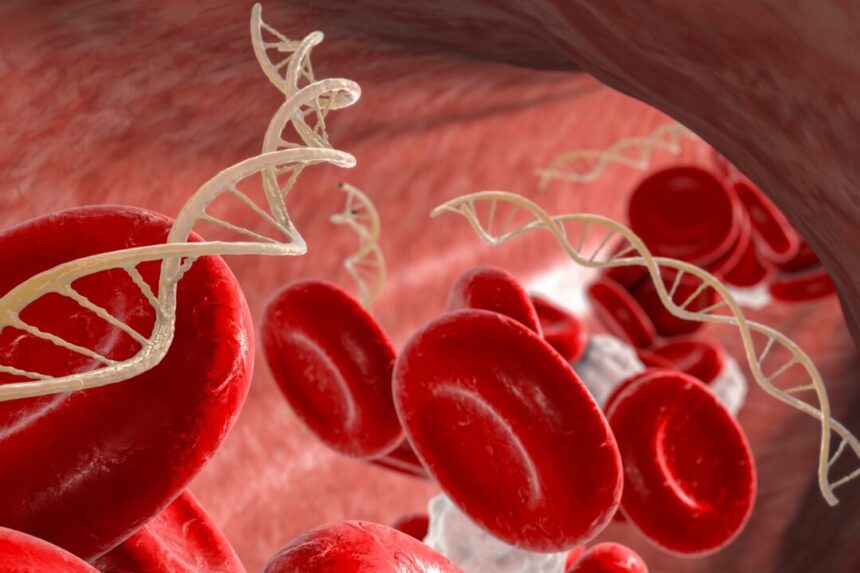
Consuming a well-rounded diet that includes a variety of whole foods can play a crucial role in lowering the risk of cancer.
New research suggests that the nucleic acids present in many plant and animal foods may have cancer-preventing properties.
Anticancer Effects
The study at OMU, published in PLOS ONE, investigated the effects of dietary DNA and RNA on mice injected with Ehrlich ascites tumor (EAT) cells. The results demonstrated that RNA had an inhibitory effect on the growth of cancer cells in both mice and cell cultures, while DNA showed similar effects only in mice.
The study also uncovered that nucleoside compounds produced during the digestion of RNA and DNA play a key role in inhibiting cancer cell proliferation. These compounds, such as guanosine and 2’-deoxyguanosine, disrupt the progression of cancer cells from the G1 to the S phase of the cell cycle, preventing their replication and spread.
Additional Health Benefits
Past studies have shown that nucleic acids play a crucial role in maintaining various physiological functions. A deficiency in dietary nucleic acids can lead to reduced T lymphocyte function, essential for immune defense. Supplementation with RNA has been shown to reverse this deficiency in immunocompromised patients.
Sources of Nucleic Acids
Nucleic acids are present in both plant and animal foods. While there is no specific recommended daily intake for cancer prevention, experts recommend a balanced diet rich in a variety of whole foods.
Dr. Sam Hilton advises focusing on plant-based sources of nucleic acids, such as legumes, vegetables, and grains, to reduce the risk of cancer associated with red and processed meats. These plant sources also provide additional cancer-fighting nutrients like antioxidants and fiber.
Caution Advised
Despite the potential benefits of nucleic acids in cancer prevention, caution is warranted. Professor Kojima-Yuasa emphasized the need for further research to address potential side effects of consuming nucleic acid-rich foods.
Dr. Ralph Waldo, an integrative medicine physician, stressed the importance of a holistic approach to cancer prevention, including healthy eating, exercise, and stress management. He emphasized that wellness is achieved through consistent positive choices rather than relying on a single solution.





